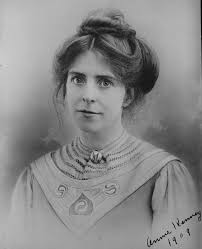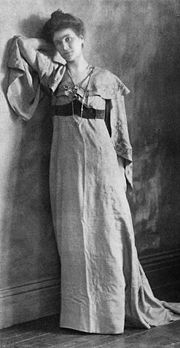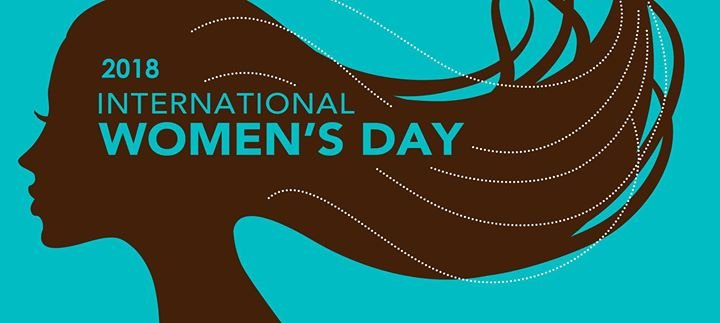8th March 2018 is a very special International Women’s Day, when we remember the contribution that women have made throughout history, as well as the continuing fight for the equality they deserve. What makes this particular day so special here in Great Britain is that this year marks the centenary of the first votes being awarded to women, although universal suffrage was still some years away. Nearly a hundred years after the Brontës were born, working class women of the West Riding of Yorkshire, like Annie Kenney, were at the forefront of the women’s suffrage movement, something the sisters in Haworth would surely have been proud of.

The move to equality is still under way, but as the revelations over unfair gender gaps in pay at the BBC and other institutions, and the ‘Me Too’ movement shows, there’s still a long road to travel. Women have made, and continue to make, incredible contributions to modern life. Few women have contributed more to the world of literature than the Brontë sisters, and yet they wrote under male pseudonyms. Let’s take a look why.
The names of Anne Brontë, Charlotte Brontë, and Emily Brontë are now globally famous, but at the time they were all writing together, they remained unknown. The sisters had chosen to adopt seemingly male pseudonyms, with Charlotte choosing Currer Bell, Emily choosing Ellis Bell, and Anne choosing Acton Bell. As Charlotte herself was to explain, in her ‘Biographical notice of Ellis and Acton Bell’ of 1850, the prejudices against women in Britain at this time meant that only men could be taken seriously as writers:
“We veiled our own names under those of Currer, Ellis, and Acton Bell; we did not like to declare ourselves women, because we had a vague impression that authoresses are likely to be looked on with prejudice; we had noticed how critics sometimes use for their chastisement the weapon of personality, and for their reward, a flattery, which is not true praise.”
Charlotte Brontë herself had encountered this prejudice. From her late teenage years onwards she sent some of her early poems to famous writers of the day, little expecting a reply. One who did reply was the poet laureate Robert Southey, and his answer is illuminating of the attitudes of the time. He wrote:
“Literature cannot be the business of a woman’s life: & it ought not to be. The more she is engaged in her proper duties, the less leisure she will have for it.”
Despite the pen names, there was to be some speculation over the identity of the Bells, with some critics suggesting that they may, scandalously, be a woman or women. Anne Brontë, under her guise as Acton, addressed this in her courageous and defiant preface to the second edition of ‘The Tenant Of Wildfell Hall’:
“Little can it matter whether the writer is a man, or a woman as one or two of my critics profess to have discovered. I make no effort to refute it, because, in my own mind, I am satisfied that if a book is a good one, it is so whatever the sex of the author may be. All novels are or should be written for both men and women to read, and I am at a loss to conceive how a man should permit himself to write anything that would be really disgraceful to a woman, or why a woman should be censured for writing anything that would be proper and becoming for a man.”
This enlightened attitude, and refusal to be bound by convention, is typical of Anne Brontë, and is borne out by ‘The Tenant Of Wildfell Hall’ itself. The book was seen as shocking in its time, not just because of the frank depictions of alcoholism and cruelty, but because the heroine, Helen, is a free thinking woman who considers herself the equal of any man. She leaves her husband, and takes on a new identity unencumbered by society’s expectation that she should be married and subjugated to a man.

Anne Brontë has been seen as one of the first proto-feminist writers, and in 1913 the writer and suffragist May Sinclair wrote that the noise of Helen slamming the bedroom door in Arthur’s face had reverberated throughout Victorian England. At the end of the twentieth century, Anne’s feminist credentials were again examined, this time by Elizabeth Langland in her brilliant book ‘Anne Brontë: The Other One.’ In it she declaims that: ‘Thematic innovations place her in the forefront of feminist thought in the nineteenth century even as her formal and technical innovations demand that we look again at her contribution to the English novel.’
Today is a day when we celebrate everyday women and women of genius and Anne Brontë, more so even than her sisters, is a fitting icon for International Women’s Day 2018.
